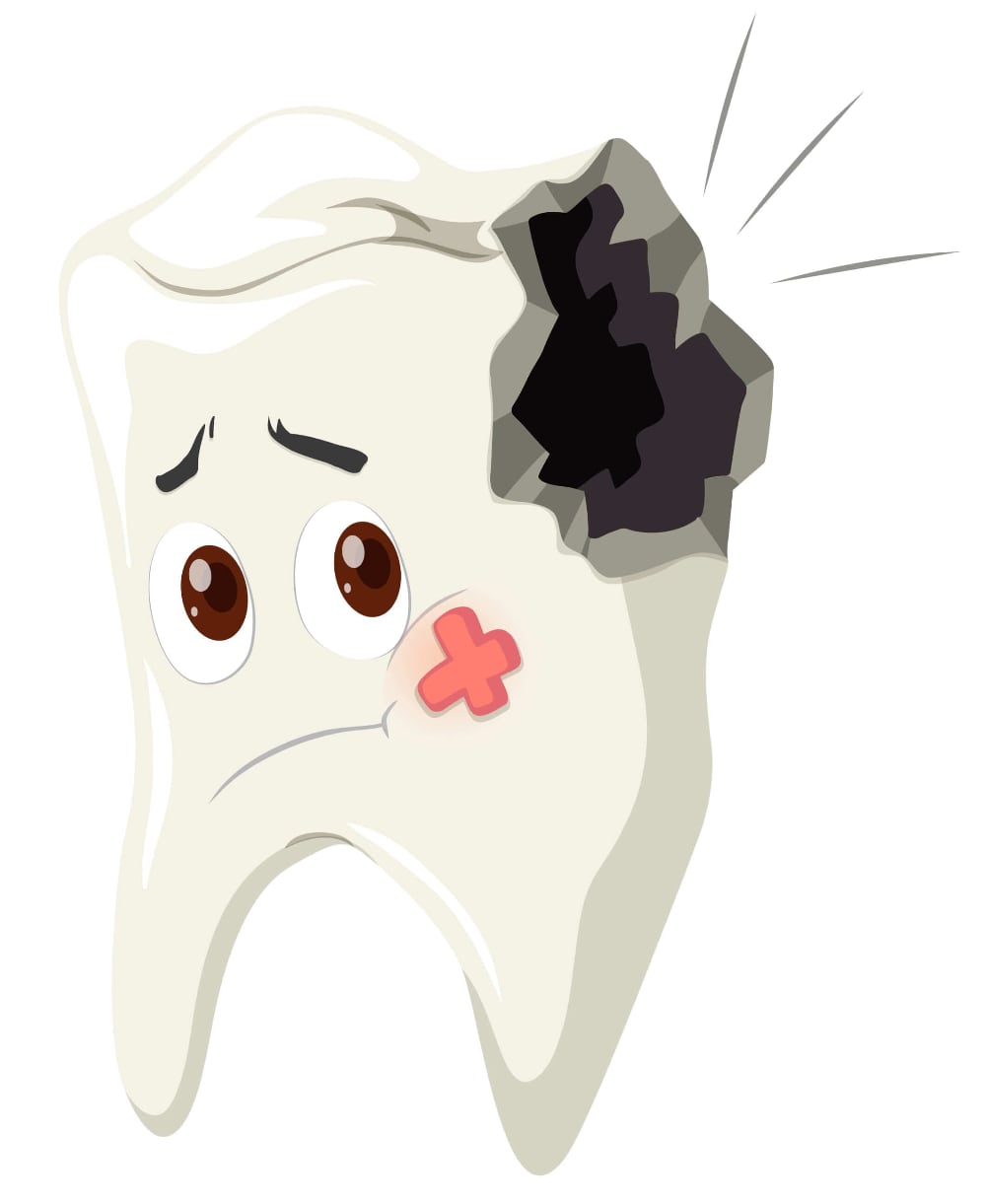Causes of Tooth Decay

Tooth decay is a common dental problem that affects people of all ages. It’s caused by the breakdown of the tooth enamel, which can lead to cavities and other dental issues. Tooth decay can cause pain and discomfort, and if left untreated, it can lead to more serious dental problems. In this article, we’ll explore the causes of tooth decay, how to prevent it, and what treatments are available.
Causes of Tooth Decay
Tooth decay is caused by a combination of factors, including:
- Plaque: Plaque is a sticky film of bacteria that forms on your teeth. When you eat sugary or starchy foods, the bacteria in plaque produce acids that can erode your tooth enamel.
- Sugar and starch: Sugary and starchy foods can increase the amount of acid in your mouth, which can lead to tooth decay.
- Acidic foods and drinks: Acidic foods and drinks can erode your tooth enamel, making it more vulnerable to decay.
- Dry mouth: Saliva helps to wash away food particles and bacteria in your mouth. If you have a dry mouth, you may be more susceptible to tooth decay.
- Poor oral hygiene: Not brushing and flossing regularly can allow plaque to build up on your teeth, leading to tooth decay.
Preventing Tooth Decay
Fortunately, there are many steps you can take to prevent tooth decay, including:
- Brushing your teeth twice a day with fluoride toothpaste.
- Flossing at least once a day to remove food particles and plaque from between your teeth.
- Using mouthwash to kill bacteria and freshen your breath.
- Eating a healthy diet that is low in sugar and starch.
- Drinking plenty of water to help rinse away food particles and bacteria.
- Chewing sugar-free gum, which can help to increase saliva flow and neutralize acids in your mouth.
Treatments for Tooth Decay
If you do develop tooth decay, there are several treatment options available, including:
- Fillings: If the decay has caused a cavity, your dentist may need to fill the cavity with a material like amalgam or composite resin.
- Crowns: If the decay has caused significant damage to your tooth, your dentist may need to place a crown over the tooth to protect it.
- Root canals: If the decay has reached the pulp of your tooth, your dentist may need to perform a root canal to remove the infected tissue.
- Extraction: In some cases, the tooth may be too damaged to save and may need to be extracted.
In some cases, your dentist may also recommend fluoride treatments or dental sealants to help protect your teeth from future decay.
Conclusion
Tooth decay is a common dental problem, but it can be prevented with good oral hygiene and a healthy diet. If you do develop tooth decay, there are many treatment options available to help restore your dental health. By taking care of your teeth and visiting your dentist regularly, you can help prevent tooth decay and other dental problems. Remember, good dental health is essential for overall health and well-being

Leave your comment
You must be logged in to post a comment.